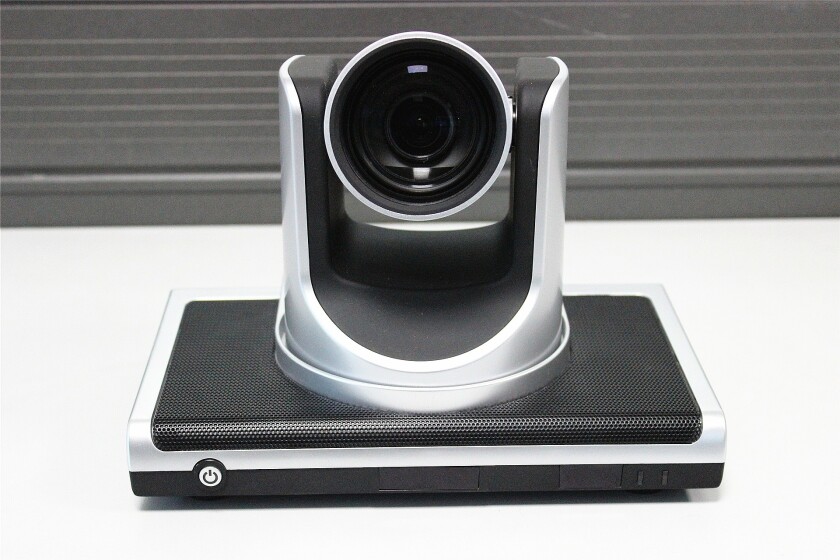During the COVID pandemic, the EPO resorted to videoconferencing (ViCo) for holding oral proceedings in inter partes opposition cases, as well as in appeals. While the departments of first instance at the EPO have implemented the ViCo format as the default in first-instance oppositions, the legality – and, more widely, the applicability – of ViCO in appeals has been much debated.
EPO case law
In a decision of the EPO Enlarged Board of Appeal (EBA) handed down on October 28 2021, G 1/21, the EBA held that during a general emergency impairing the parties’ ability to attend in-person oral proceedings at the EPO premises, the conducting of oral proceedings before the boards of appeal by way of ViCo was not at odds with applicable law. The EBA, however, also expressed the view that in-person oral proceedings were the optimum format and should be the default option.
Subsequently, a technical board of appeal of the EPO decided, in decision T 1158/20 of November 22 2022, that holding oral proceedings by videoconference could often be considered an equivalent alternative to in-person oral proceedings in view of the experience that had been gained. Consistently, the same board of appeal decided on November 23 2022 in another case, T 758/20, that G 1/21 could not be read as restricting the possibility of summoning for oral proceedings by videoconference contrary to the will of one of the parties, only in the case of a general emergency.
However, another technical board of appeal held in a more recent decision, T 2432/19 of April 25 2023, that it followed from G 1/21 that in-person oral proceedings could only be denied under very limited conditions, even in a situation of general emergency such as a pandemic. Furthermore, due to the fact that videoconferences, at least with current technology, could only provide a suboptimal form of communication, parties had a right to the optimum format for oral proceedings – i.e., in-person oral proceedings – that could only be denied under very limited conditions.
An uncertain outlook?
It can only be speculated if the above decisions reflect diverging trends within the boards of appeal that will eventually necessitate a further case before the EBA to bring clarification.











